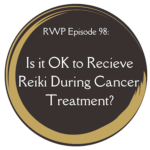
Is It OK to Receive Reiki Treatments during Cancer?
August 10, 2023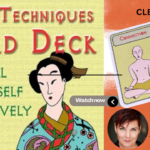
Reiki Techniques Card Deck: Card 6
August 16, 2023What would you do if you were feeling under energetic attack?
I’m going to make an unusual suggestion; try being vulnerable.
Just the word vulnerable can make us feel vulnerable. Do you know what I mean? It can bring up deep fears of laying ourselves bare for criticism, exclusion, ridicule, and even violence. Vulnerability reminds me of some type of urchin laying on its prickly back momentarily bathing its soft underside in the sun when someone with a stick comes along who can’t resist poking that vulnerable softness. Ow! Snap, it reactively shuts its spikes until it’s this tight little ball with no eyes, no mouth, no body. No one can get me now, it thinks. And it’s true, sadly, no one will ‘get’ it if it’s closed to the world.
While there may be instances when we genuinely need protection, such as in toxic relationships or highly charged environments, it is crucial to avoid defaulting to a state of shielding. With a balanced dose of common sense, we can establish healthy boundaries while remaining open-hearted and receptive to the world around us and the system of Reiki helps us to find that balance.
In the system of Reiki, we teach that we need to let go. Right from the start these are the first words that students hear in my coaching classes. But it is not easy. We only realise this when we’re in real-life situations such as when a client comes to us asking us to remove an alien entity from their body. We want to be able to tell the client that we will do it. But what if you said to the client, “I don’t work in that way, I just support your body – physically, mentally and spiritually – in doing what it needs at this moment in time. I don’t know what those needs are but I can tell you, your body is only ever trying to find its way back to wholeness.”
What a vulnerable statement, “I don’t know”. Surely, we are going to disappoint, lay ourselves open for criticism, and feel like an unaccomplished idiot.
But if we let go of the need to be the healer, the controller, the One, then we actually empower the client to take responsibility for their own health. By remaining in a vulnerable, open position we model that openness to others. That is empowering for everyone, if the client is open to taking that step. If not, then that is beyond your remit.
When we feel we need to energetically protect ourselves and others from being vulnerable we come across some issues. We may unintentionally disempower ourselves and others. The belief that we are under possible threat of energetic attacks or negative influences can instil fear and a sense of victimhood. We may become dependent on external shields for protection. And what if we forget to put those shields up? We’re surely done for.
What I notice in these situations is that although a discussion may focus on energetic protection, what is actually being referred to is mental protection. We are talking about our beliefs about ourselves and our world and the intentions we hold. And these are things we can work with. To truly empower ourselves, we can shift our perspective and recognize that vulnerability can be a profound source of inner strength. Growth comes from confronting and integrating the diverse aspects of our existence, not from hiding behind impenetrable energetic barriers. It is through facing our fears and embracing vulnerability that we open ourselves to transformative experiences and spiritual awakening.
Just take the Reiki Precepts. They are telling us to not fear through anger or worry, to be grateful for the challenges, to remember who we really are (not who we pretend to be) and to be loving in all that we do. These are not just words, to follow the precepts is to understand much more about where our minds are coming from, how we have trained them to think and be. And if we can glimpse ourselves in the light of the Reiki Precepts, in this moment, right now, without excuses, then we can know wholeness.
When we talk about wholeness – we’re not talking about being the perfect being, but rather about the wabi-sabi* being. That is the human who was broken and then put back together again to create an even more amazing human: a being who remembers what it means to feel an entire spectrum of wholeness, and to be in perfect balance with the human material that we are.
* Wabi-sabi is a Japanese aesthetic and philosophical concept that centers around finding beauty in imperfection, impermanence, and the natural cycle of growth and decay. It emphasizes a deep appreciation for the simple, rustic, and unrefined qualities of objects, as well as an acceptance of the passage of time and the inevitable signs of wear and aging.
In wabi-sabi, there is an understanding that nothing is permanent, and that the fleeting nature of life and existence is something to be embraced rather than resisted. This concept can be applied to various aspects of life, art, design, and even architecture, encouraging a focus on the inherent character and uniqueness of things, rather than striving for flawlessness or perfection.
Overall, wabi-sabi encourages mindfulness, a connection to nature, and an appreciation for the beauty that can be found in the ordinary, imperfect, and transient aspects of life.

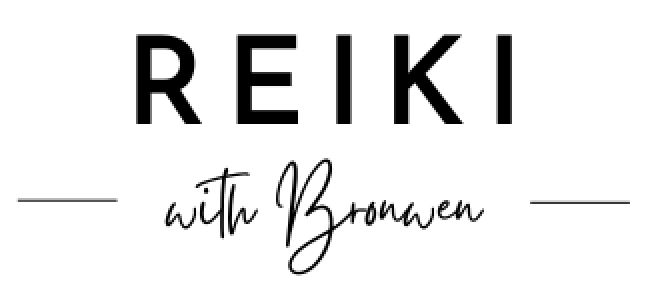
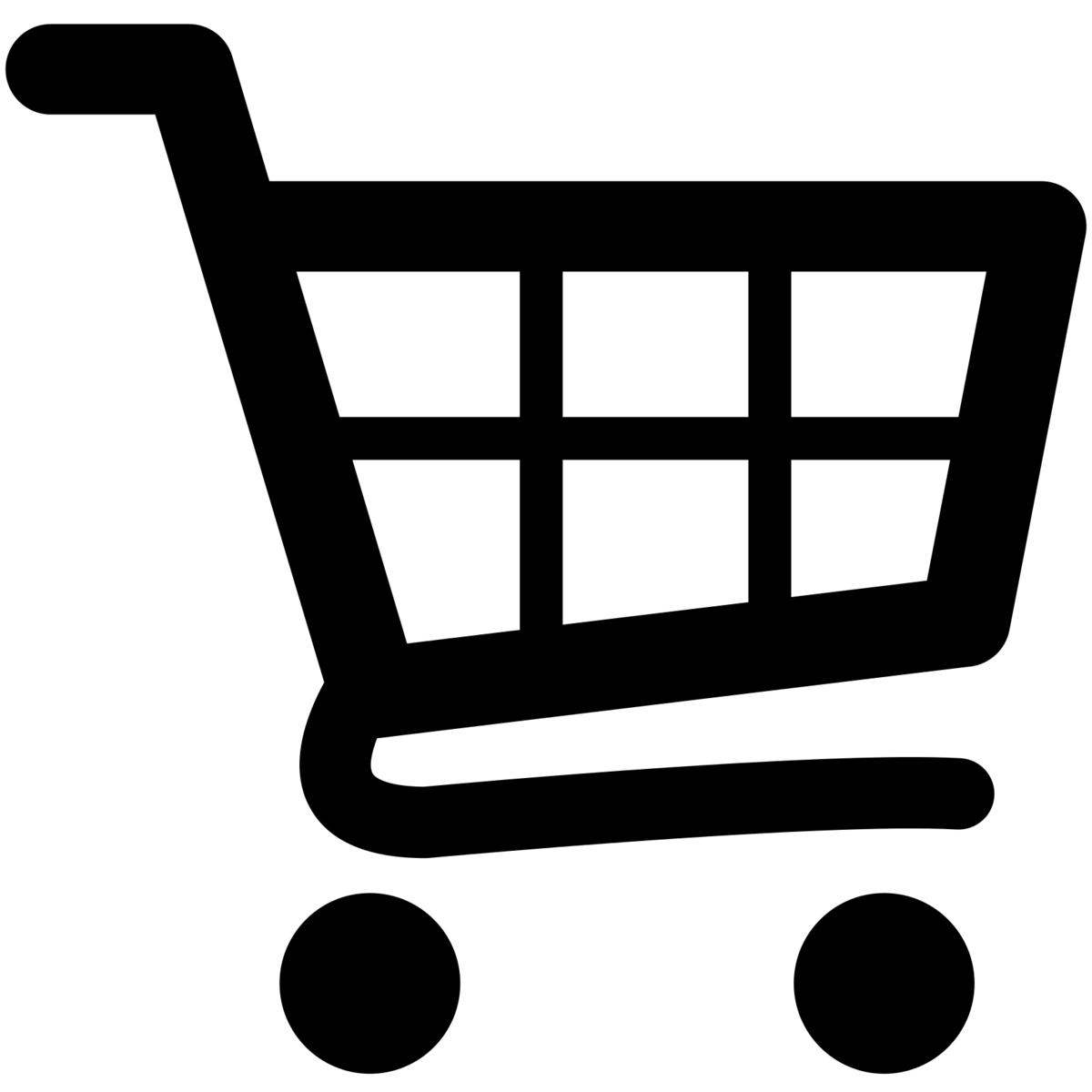
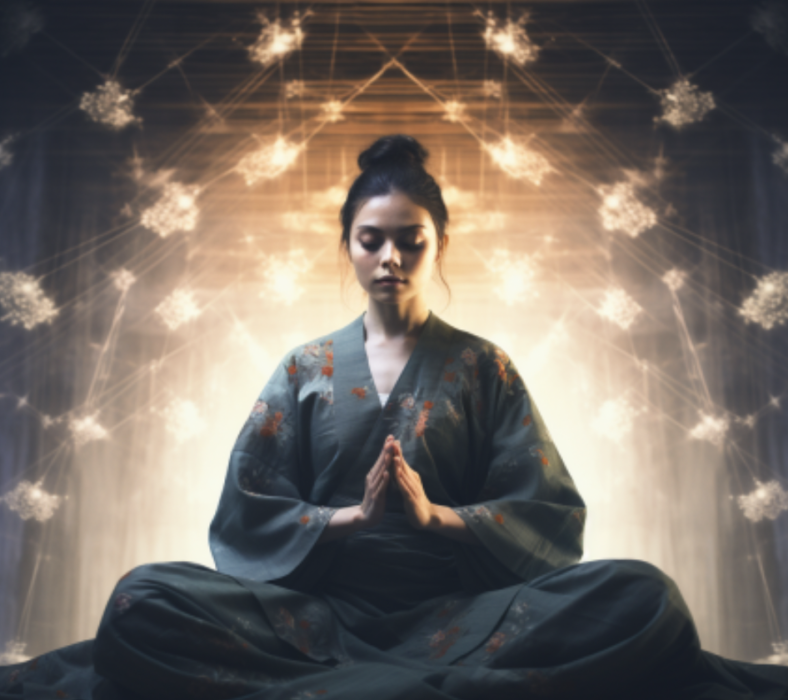
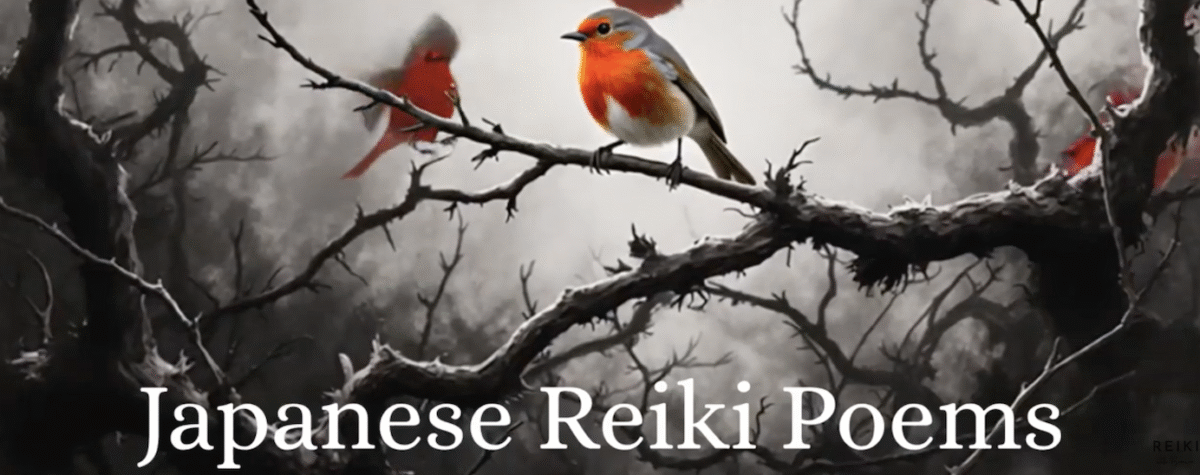
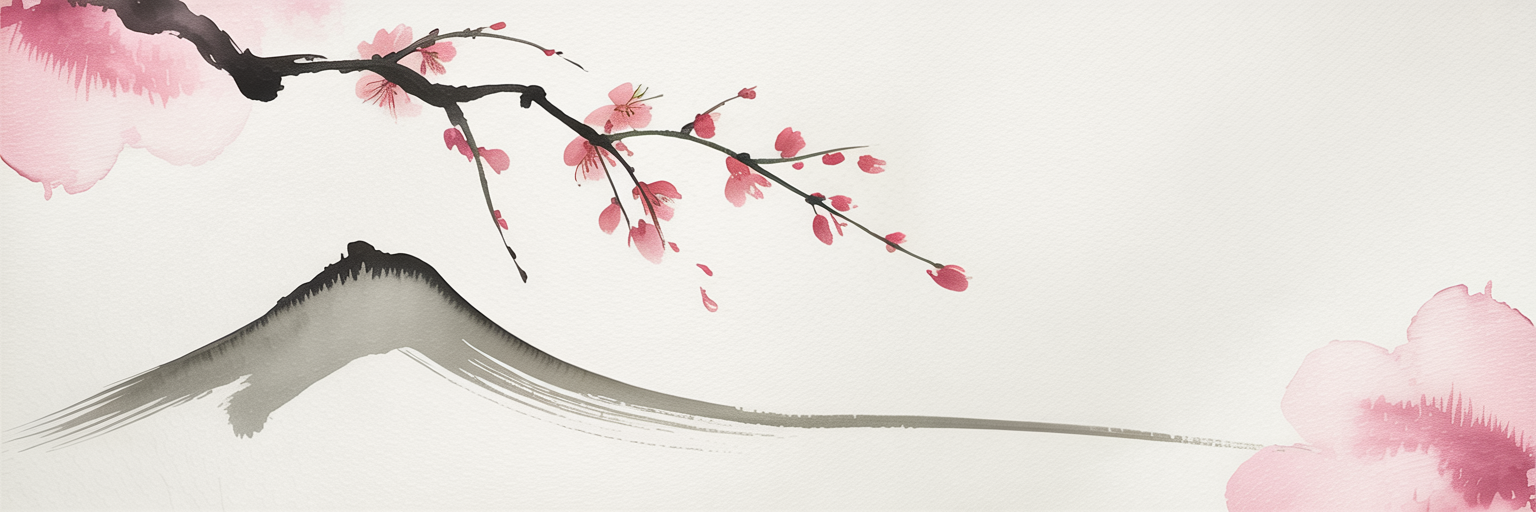
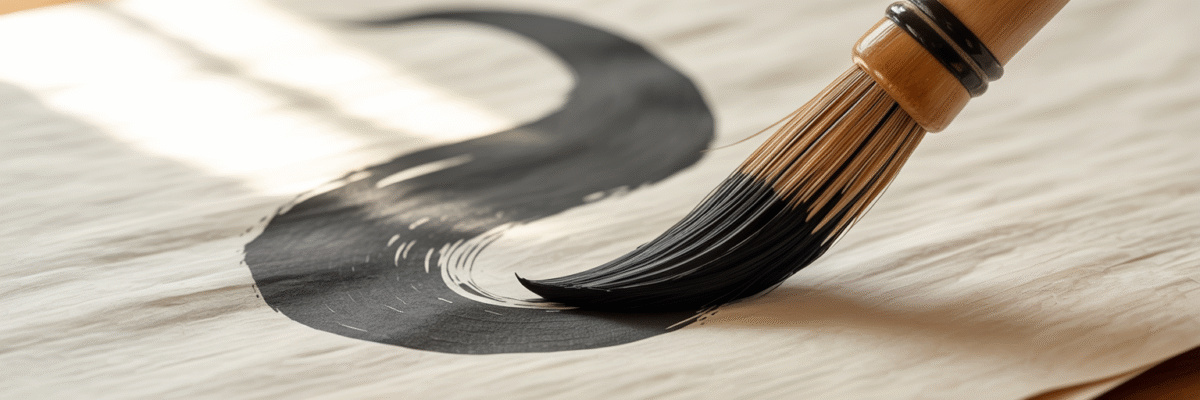
3 Comments
There is a sense within Vulnerability which is courageous and strong, quite the opposite of what society’s narrative around the expression of our human condition is played out to be. To be open and express our true self in every situation and relationship is to be a beacon of light and hope.
Wabi-Sabi is particularly helpful for myself and my clients/students within my Women’s circles. Refreshing alternative to the toxic voices pushed at us to halt the signs of aging. I like to offer an alternative view on what it is to be a Woman and how Reiki and the Japanese inspired wisdom of Being perfectly imperfect is empowering and transformative!
I love that Heidi!!!
That sounds comforting Heidi. . I especially enjoyed this line. 🙏🏼🙏🏼I like to offer an alternative view on what it is to be a Woman and how Reiki and the Japanese inspired wisdom of Being perfectly imperfect is empowering and transformative!